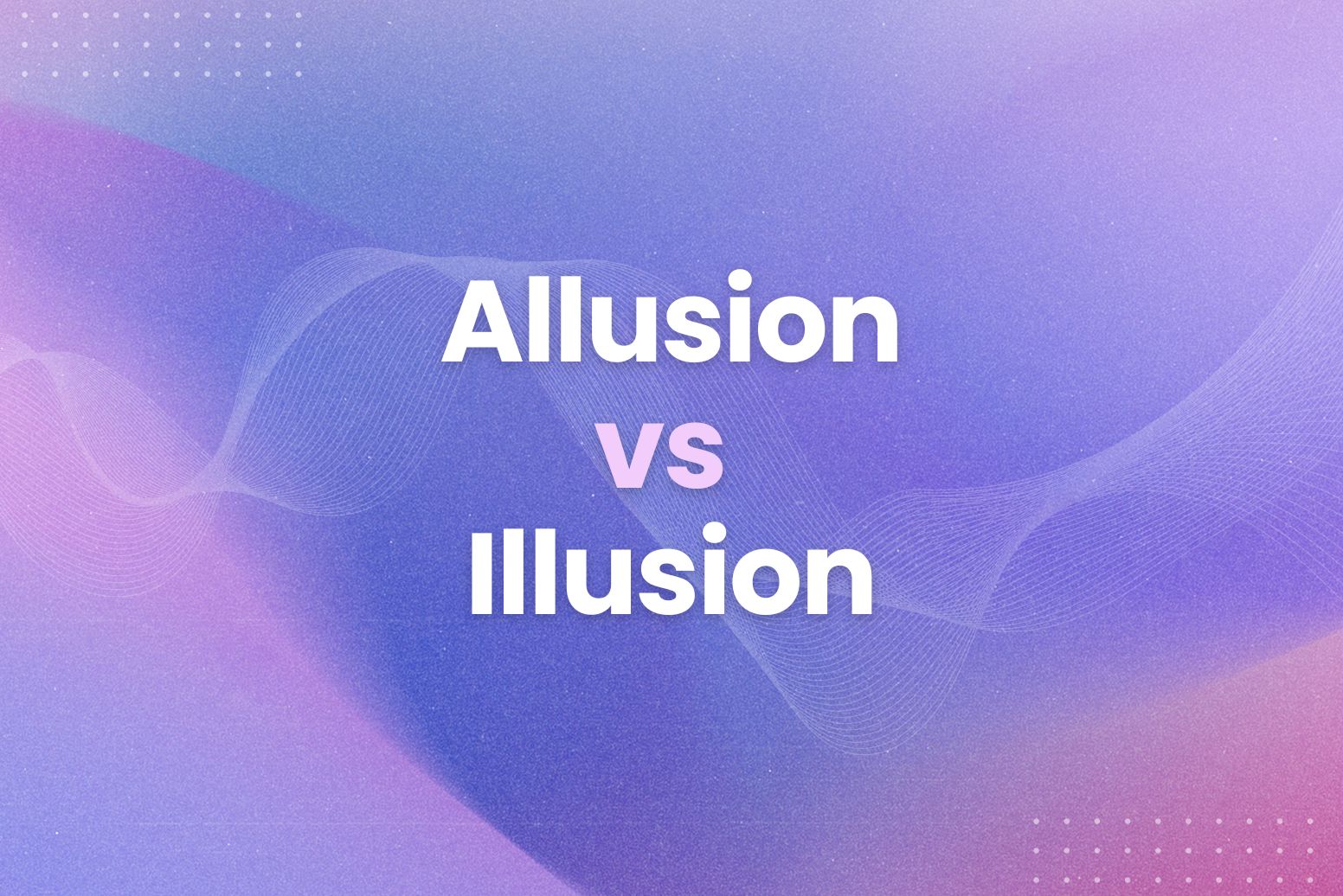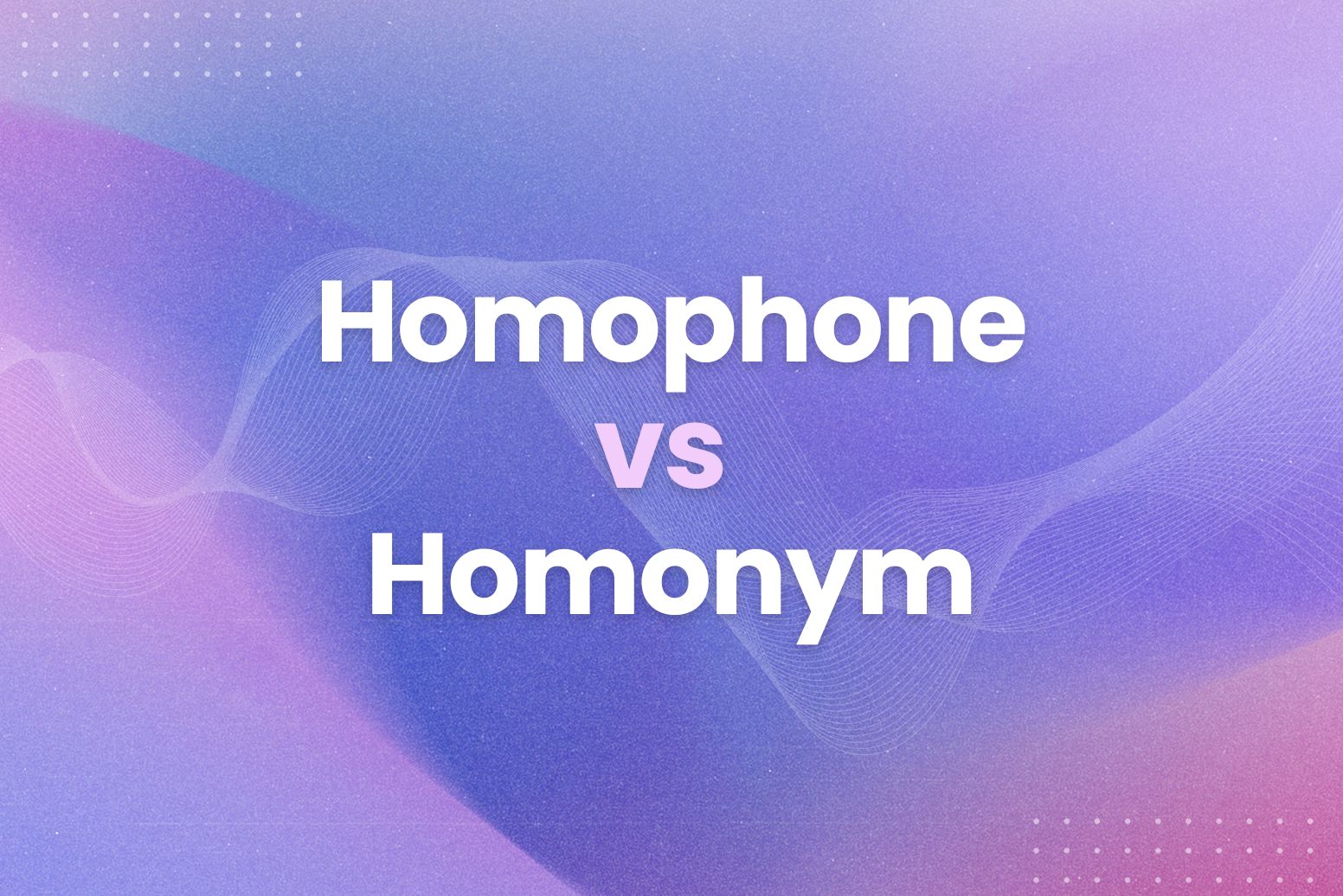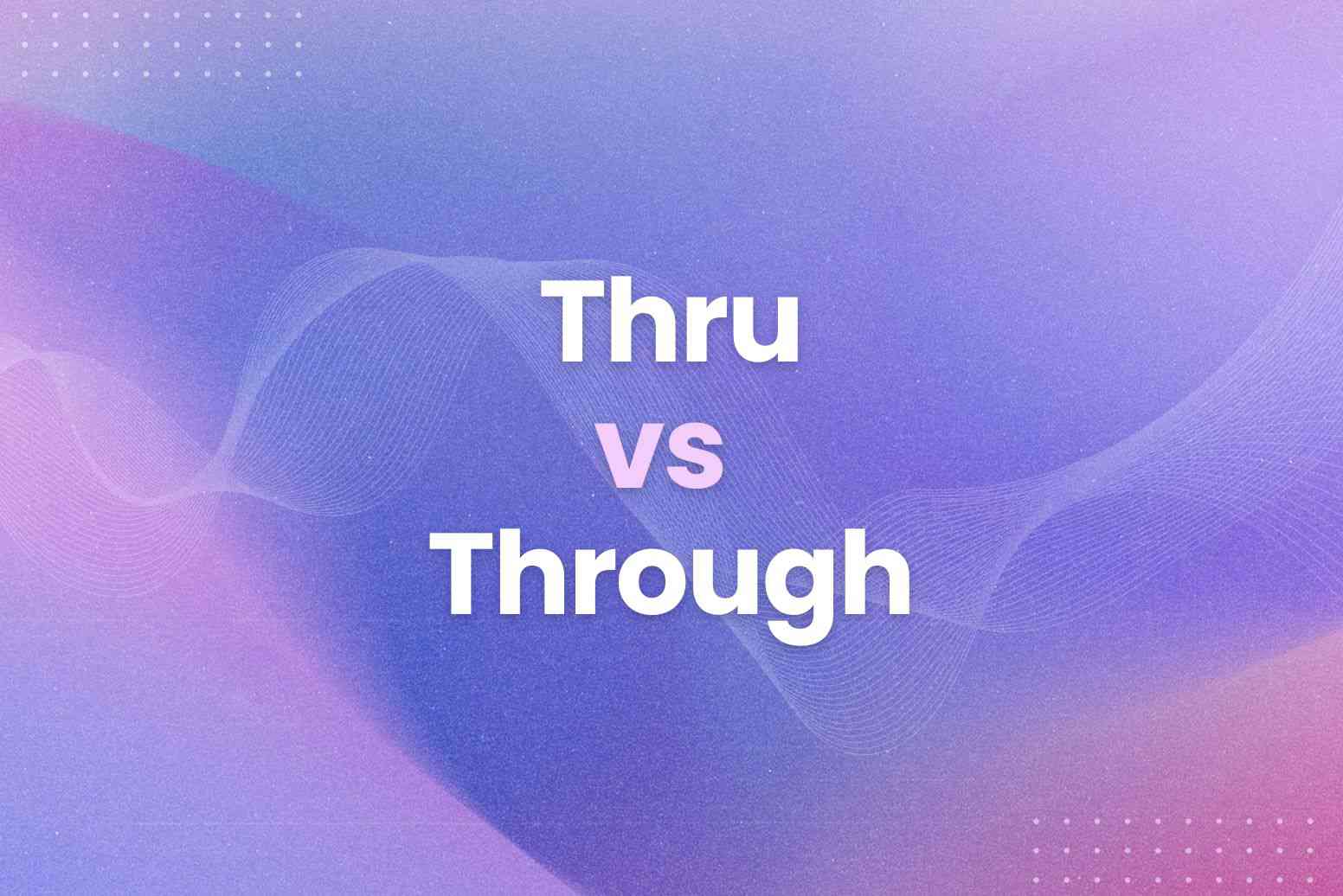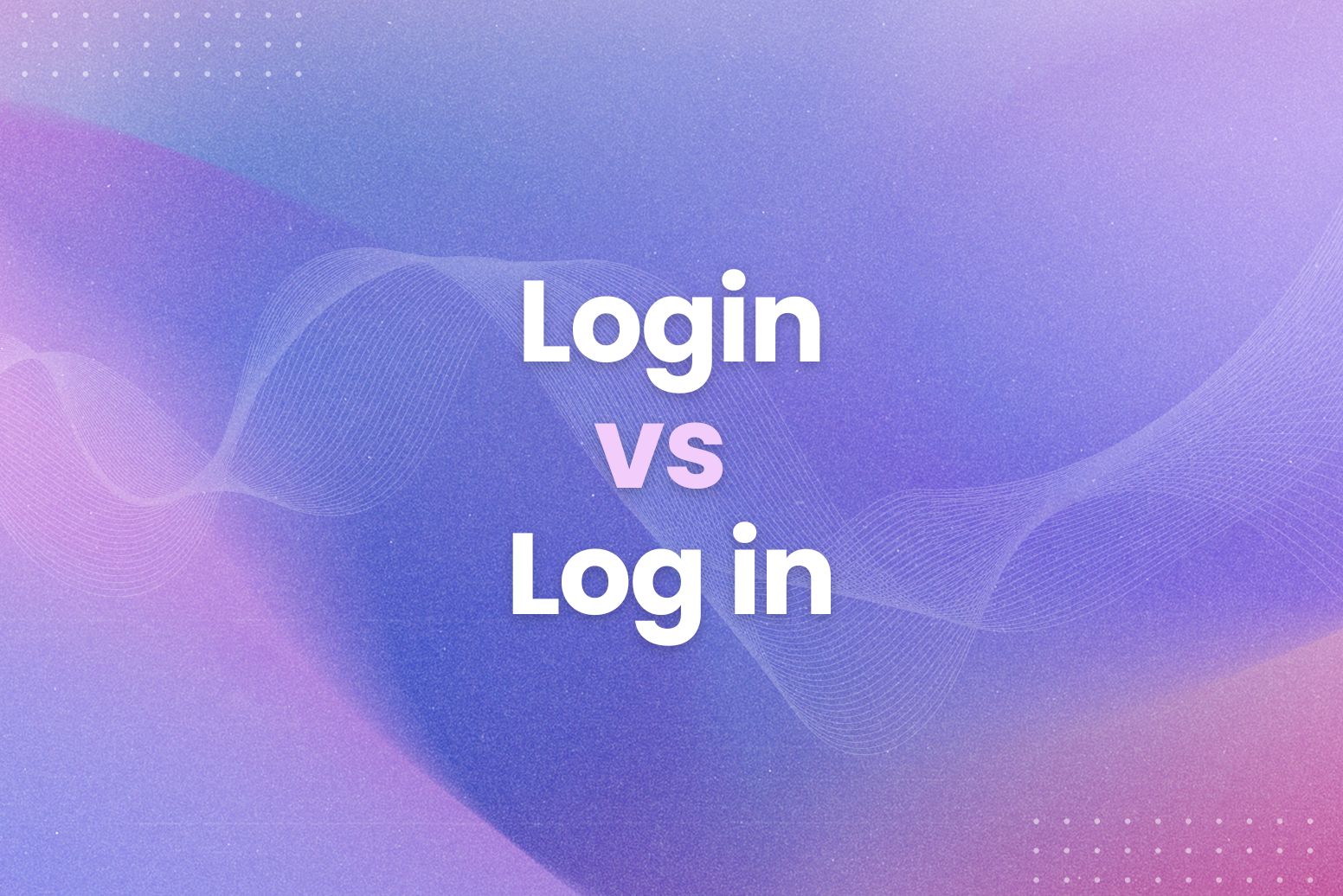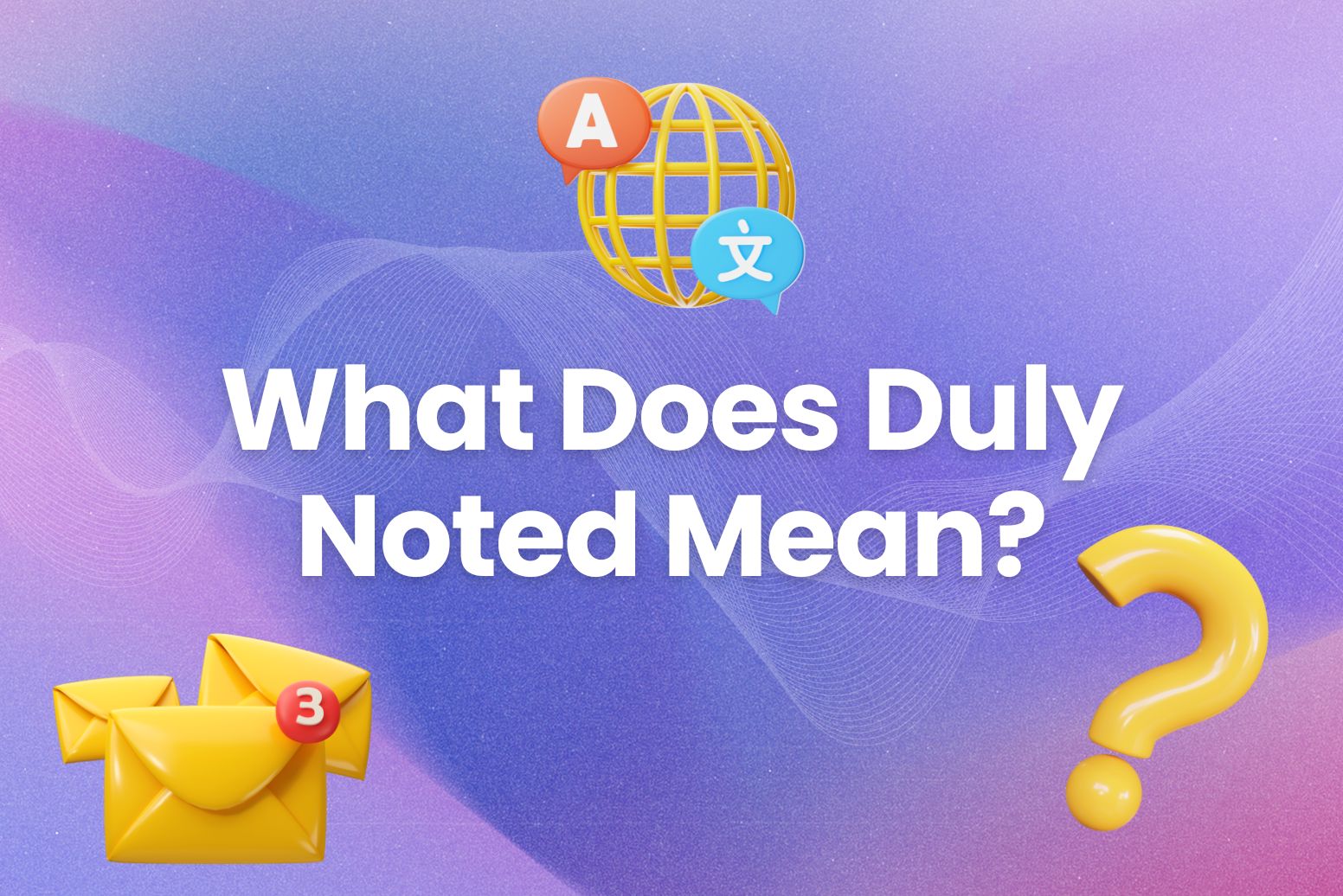Have you ever been confused by the words allusion vs illusion? Don’t worry—you’re not alone. When it comes to allusion vs. illusion, it’s easy to mix them up. The truth is, they sound alike but are completely different in meaning.
If you’re looking for the fastest, most accurate way to proofread your work, check out Arvin Ai’s free Grammar Checker!
Definition of Allusion
An allusion is a subtle or indirect reference to something well-known, like a person, place, event, piece of art, or literary work. Instead of explicitly spelling it out, the writer or speaker drops a hint, trusting that the audience will pick up on the context.
Think of it like a wink in a conversation—iykyk (if you know you know).
Usages of Allusion
Allusions pop up in different areas of our daily lives and in other areas. They make the content richer, more relatable, and often more impactful for the audience who gets the reference.
In Literature:
Authors use allusions to ground their stories in a larger cultural or historical context, giving their work depth and resonance.
Classic Ties: Moby Dick
Herman Melville’s Moby Dick is filled with Biblical allusions, such as comparing Captain Ahab to King Solomon or Jonah. These references highlight Ahab’s obsessive nature and foreshadow his tragic downfall.
Modern Adaptations: The Handmaid’s Tale
Margaret Atwood’s The Handmaid’s Tale alludes to the Bible and Puritanical ideologies, revealing how religious texts can be distorted to justify systems of oppression. This connection deepens the dystopian narrative and reflects real-world historical practices.
Poetic Flair: The Waste Land
T.S. Eliot’s The Waste Land is a masterpiece of allusions, referencing works like Dante’s Inferno, Shakespeare, and even Eastern texts. These allusions create a fragmented, layered exploration of the fractured state of the modern world.
In Political Culture:
In politics, allusions are a powerful tool to link modern events to history or shared values, reinforcing trust or evoking emotion.
Historical Echoes: John F. Kennedy
John F. Kennedy’s iconic line, “Ask not what your country can do for you…”, alludes to earlier calls for civic duty during the American Revolution
Modern-Day Activism: Greta Thunberg
Greta Thunberg’s speeches about climate change often draw on apocalyptic imagery, referencing works like George Orwell’s 1984. By using these allusions, she paints a stark picture of what could happen if we fail to act, urging listeners to recognize the urgency of the climate crisis.
Cultural Resonance: Barack Obama
During his presidency, Barack Obama frequently alluded to historical figures like Abraham Lincoln and Martin Luther King Jr. These references weren’t just for show—they created a bridge between America’s past and its hopes for the future, uniting diverse audiences under shared ideals of progress, justice, and equality.
Transform your writing quality—check your grammar instantly.
In Pop Culture:
TV & Movies: The Simpsons and Family Guy
Both The Simpsons and Family Guy are legendary for their rapid-fire cultural allusions. In a single episode, they can reference Shakespeare, Star Wars, and everything in between, creating layers of humor and commentary that reward audiences familiar with those works.
Music: Taylor Swift and Kendrick Lamar
Taylor Swift’s song Love Story is brimming with literary allusions, particularly to Shakespeare’s Romeo and Juliet. In contrast, Kendrick Lamar frequently uses Biblical references in his lyrics, blending spirituality and social justice to explore themes of redemption and struggle.
Fashion & Design: The Hunger Games
The Hunger Games series draws heavily on historical allusions, with the Capitol’s extravagant style mirroring the excesses of ancient Rome. Through its fashion and aesthetics, the story highlights the dangers of unchecked power and societal decay.
Examples of Allusion
1. Literature and Common Phrases with Literary Allusions
“He’s a real Romeo with the ladies.”
- Meaning: Someone who is very romantic or a smooth-talker.
- Allusion to: Romeo and Juliet by William Shakespeare.
“That was a Herculean task.”
- Meaning: Something requiring great strength or effort.
- Allusion to: Hercules from Greek mythology, famous for his 12 labors.
“He’s got the Midas touch.”
- Meaning: Someone who has a knack for success and makes everything they do thrive.
- Allusion to: King Midas in Greek mythology, who turned everything he touched into gold.
“He flew too close to the sun.”
- Meaning: Someone taking reckless risks or being overly confident.
- Allusion to: Icarus from Greek mythology, who fell to his doom after ignoring warnings.
“It’s like Groundhog Day.”
- Meaning: Refers to something repetitive or monotonous.
- Allusion to: The movie Groundhog Day, where the protagonist relives the same day over and over.
2. Everyday Speech
“It’s a Pandora’s box situation.”
- Meaning: A situation that seems small but causes significant problems.
- Allusion to: Pandora from Greek mythology, who opened a box unleashing all evils into the world.
“Stop being such a Karen.”
- Meaning: Someone complaining excessively or acting self-centered.
- Allusion to: A stereotype of a demanding or entitled person popularized in modern internet culture.
“She’s a Good Samaritan.”
- Meaning: Someone who selflessly helps others.
- Allusion to: The biblical parable of the Good Samaritan, who helped a stranger in need.
3. Easter Eggs in Film and Music
“He’s got moves like Jagger.”
- Meaning: Refers to someone with stylish or impressive dance moves.
- Allusion to: Mick Jagger of The Rolling Stones, known for his iconic moves.
“Romeo, take me somewhere we can be alone…”
- Meaning: A romantic but possibly forbidden love.
- Allusion to: Romeo and Juliet by William Shakespeare.
- Source: Love Story by Taylor Swift.
“Baby, you’re a firework…”
- Meaning: Encouraging someone to let their true self shine.
- Allusion to: Fireworks as a metaphor for individuality and brilliance.
- Source: Firework by Katy Perry.
“Sweet dreams are made of this…”
- Meaning: Life’s pursuits often have a surreal, dreamlike quality.
- Allusion to: Dreams symbolizing ambitions or desires.
- Source: Sweet Dreams by Eurythmics.
4. Movies and Shows with Relatable Allusions
“Use the Force.”
- Meaning: Trust your instincts or inner strength.
- Allusion to: The mystical energy used by Jedi in Star Wars.
“May the odds be ever in your favor.”
- Meaning: A sarcastic way to wish someone good luck.
- Allusion to: The survival competition in The Hunger Games.
“That’s no moon.”
- Meaning: Things aren’t always what they seem.
- Allusion to: The Death Star disguised as a moon in Star Wars.
Definition of Illusion
An illusion is a deceptive appearance or a false perception that tricks the senses or mind. It’s when something seems real or true but isn’t, leading us to misinterpret what we see, hear, or experience.
For example, a mirage on a hot road looks like water but is actually just the reflection of light. In literature, an illusion can symbolize misunderstanding or false hope.
Want perfect grammar? Let’s make it happen!
Usages of Illusion
Illusions are everywhere, from everyday experiences to art and storytelling. They often serve as tools to entertain, educate, or make us question our reality. Here’s how illusions are used:
In Everyday Life
Magic Tricks:
- Magicians create illusions like making objects disappear or float, tricking the eye with misdirection and sleight of hand.
Optical Illusions:
- Visuals that seem to move or change, like the famous Rotating Snakes, reveal how our brains can misinterpret static images.
Mirages:
- On hot days, roads appear wet due to light refraction, creating a classic natural illusion.
Psychological Illusions:
- The brain can misinterpret sensory input, such as hearing phantom sounds or misjudging distances.
In Pop Culture
The Matrix
- In The Matrix, reality is revealed to be an illusion created by a computer simulation. This groundbreaking film challenges viewers to question the nature of existence and what we perceive as real.
Doctor Strange
- Marvel’s Doctor Strange takes illusions to a magical level with the Mirror Dimension, where reality bends and warps in impossible ways. It’s a visual feast that blurs the line between the tangible and the imaginary.
Now You See Me
- In Now You See Me, magicians use elaborate illusions to pull off high-stakes heists. Their tricks blur the line between entertainment and deception, keeping audiences and law enforcement guessing.
Examples of Illusion
Here are some engaging examples of illusions in different contexts:
1. Everyday Life
The Dress Debate:
- The viral “Is it blue and black or white and gold?” debate was a prime example of how color perception can create an illusion.
The Moon Illusion:
- The moon looks larger when it’s near the horizon than when it’s high in the sky—a well-known optical illusion.
Mirage:
- On hot roads or deserts, shimmering “water” is actually a refraction of light, tricking the eye.
2. In Literature
Shakespeare’s Macbeth:
- The witches’ visions are illusions that mislead Macbeth into overconfidence, resulting in his tragic downfall.
F. Scott Fitzgerald’s The Great Gatsby:
- Gatsby’s idealized vision of Daisy is an emotional illusion, symbolizing unattainable dreams.
Edgar Allan Poe’s The Tell-Tale Heart:
- The illusion of a beating heart drives the narrator into madness, reflecting his guilt.
3. In Pop Culture
Movies:
- The Matrix: Where the line between reality and illusion is constantly blurred.
- Inception: The spinning top symbolizes the uncertainty of reality.
Songs:
- “It’s Just an Illusion” by Imagination: Explores fleeting relationships and the deceptive nature of love.
- “Crazy in Love” by Beyoncé: Uses the idea of love as an illusion to describe infatuation and irrational behavior.
4. Stage Performances and Art
David Copperfield’s Tricks:
- From making the Statue of Liberty “disappear” to walking through walls, his illusions leave audiences awestruck.
Salvador Dalí’s Surrealist Paintings:
- Works like The Persistence of Memory use illusions to question reality and perception.
Allusion vs Illusion Pronunciation
If you’ve ever tripped over saying allusion vs illusion, you’re not alone—they’re easy to mix up. They sound alike, but they have slightly different starting sounds and rhythms.
How to Pronounce Allusion
- Phonetic Spelling: uh-LOO-zhuhn
- Break It Down: Start with a soft “uh” sound, then hit LOO with emphasis, and finish with “zhuhn,” like the ending of vision.
How to Pronounce Illusion
- Phonetic Spelling: ih-LOO-zhuhn
- Break It Down: This one starts with a light “ih” sound, then carries the same stressed LOO and “zhuhn” ending. It feels lighter and airier, much like the deceptive tricks it describes.
| Word | Phonetic Spelling | What It Means |
| Allusion | uh-LOO-zhuhn | A subtle reference to something |
| Illusion | ih-LOO-zhuhn | A deceptive trick or appearance |
Differences Between Allusion vs Illusion Meanings
Allusion and illusion may sound alike, but they serve entirely different purposes. While an allusion is a subtle nod to something well-known, an illusion tricks the senses into perceiving something unreal.
| Aspect | Allusion | Illusion |
| Definition | A subtle reference to a person, event, or work of art | A deceptive appearance or a false perception |
| Purpose | To enrich meaning by connecting ideas | To create a false sense of reality or trick the senses |
| Focus | Intellectual or cultural recognition | Sensory manipulation or distortion |
| Context | Literature, speeches, art, pop culture | Magic, movies, natural phenomena, visual tricks |
| Examples in Literature | F. Scott Fitzgerald’s The Great Gatsby: the “green light” alludes to hope | In Macbeth, the witches’ apparitions are illusions that mislead Macbeth |
| Examples in Pop Culture | Beyoncé’s Lemonade alludes to infidelity and empowerment through imagery and lyrics | Inception’s spinning top tricks viewers into questioning reality |
| Emotion Evoked | Subtle, intellectual engagement | Wonder, disbelief, or confusion |
Synonyms of Allusion
An allusion refers to a subtle or indirect reference. Synonyms often emphasize its connection to hinting or suggesting something without directly stating it:
Direct Synonyms
- Reference
- Hint
- Implication
- Citation
- Mention
Contextual Synonyms (Depending on Use)
- Allegory (in storytelling or literature)
- Symbolism (when used metaphorically)
- Suggestion
- Nod
- Quotation
Synonyms of Illusion
An illusion describes a false perception or a deceptive appearance. Synonyms often center around trickery, deception, or distortion:
Direct Synonyms
- Mirage
- Deception
- Hallucination
- Misconception
- Delusion
Contextual Synonyms (Depending on Use)
- Façade (in terms of appearances)
- Fantasy (when tied to imagination)
- Trick
- Sham
- Optical Illusion
Why Is Allusion vs Illusion Confusing?
Both words have the same rhythm and almost identical pronunciation, especially when spoken quickly:
- Allusion: uh-LOO-zhuhn
- Illusion: ih-LOO-zhuhn
Additionally, neither word describes something physical. You can’t touch an allusion or hold an illusion, so you need context to figure out which one’s being used.
Lastly, here’s the tricky part: sometimes they coexist. In literature or media, an allusion (subtle reference) can describe an illusion (a sensory deception). Think of Shakespeare’s Macbeth, where the witches’ illusions also serve as allusions to fate and ambition.
Allusion vs Illusion Psychology
Allusion
In psychology, allusions work by tapping into memory and recognition. When someone makes a reference, your brain connects it to stored knowledge. For example, hearing “Achilles’ heel” might instantly make you think of Greek mythology, injury, or vulnerability.
Illusion
Illusions, however, mess with perception. Your brain processes sensory input incorrectly, leading to a distorted understanding of reality.
- Optical Illusions: The classic Rotating Snakes illusion makes static images appear to move, revealing how our brain interprets motion.
- Cognitive Illusions: These happen when mental shortcuts (heuristics) lead you to false conclusions—like seeing a pattern in randomness.
How Can You Tell if a Sentence Is an Allusion?
Identifying an allusion is like spotting an Easter egg in a movie—it’s subtle, but once you see it, everything clicks. Here’s how you can tell if a sentence is an allusion:
1. Look for a Hint or Indirect Reference
Allusions don’t explain themselves outright. They count on the reader or listener recognizing the reference.
Example: “This is her Achilles’ heel.”
- Hint: The phrase refers to the myth of Achilles, whose heel was his only vulnerability.
2. Ask: Does It Connect to Something Well-Known?
An allusion will often draw on something from literature, history, mythology, pop culture, or even religion. If the sentence nudges you toward a familiar idea, it’s likely an allusion.
Example: “We’re not in Kansas anymore.”
- Connection: This references The Wizard of Oz, signaling a dramatic or unexpected shift in circumstances.
3. Pay Attention to Context
The meaning of an allusion depends on the situation. Writers and speakers use allusions to add depth or evoke emotion without spelling it out.
Example: “He’s acting like a modern-day Robin Hood.”
- Context: This alludes to Robin Hood, a folk hero who stole from the rich to give to the poor, implying someone is redistributing wealth or resources.
Make your writing stand out—run a quick grammar check!
4. Recognize Familiar Phrases
Sometimes, allusions are embedded in phrases we hear all the time. If it feels like the sentence is pointing beyond itself to a larger story, it’s an allusion.
Example: “She opened Pandora’s box when she started that argument.”
- Familiar Phrase: Refers to the Greek myth where Pandora unleashed chaos by opening a forbidden box.
5. Check for Symbolism or Deeper Meaning
Allusions often carry layers of meaning, enriching the sentence. If a word or phrase feels symbolic, it might be alluding to something greater.
Example: “His dream of fame is a green light he’ll never reach.”
- Symbolism: This alludes to the green light in The Great Gatsby, symbolizing unattainable dreams.
TLDR: Ask yourself: Does this sentence expect me to know something beyond what’s written here? If the answer is yes, it’s likely an allusion.
Is a Delusion an Illusion?
Nope! These are different concepts:
Illusion:
A false appearance or sensory trick (external).
- Example: Seeing a mirage or hearing a phantom sound.
Delusion:
A deeply held false belief, often resistant to evidence (internal).
- Example: Believing you can control the weather despite clear evidence to the contrary.
What Is the Difference Between Delusion and Elusion?
Delusion:
A mental belief that contradicts reality.
- Example: Thinking you’re invincible despite clear risks.
Elusion:
The act of escaping or avoiding something.
- Example: “The spy’s elusion of capture was legendary.”
What Is the Difference Between Anecdote and Allusion?
Anecdote:
A short, personal story.
- Example: “Let me tell you about the time I spilled coffee on my laptop during a meeting.”
Allusion:
A subtle reference to something well-known.
- Example: “This project is our Mount Everest,” alluding to the difficulty of climbing the mountain.
What Is the Difference Between Illusion and Hallucination?
Remember in The Matrix when Neo starts seeing the “code” behind reality? That’s a mix of illusion (the perceived world) and hallucination (his awakening mind).
An illusion is a false perception caused by external stimuli, such as seeing a mirage on a hot road due to light refraction. It tricks the senses but is based on something real.
In contrast, a hallucination is entirely imagined and occurs without external stimuli, often stemming from psychological or neurological conditions. For example, hearing voices that aren’t present would be a hallucination, whereas mistaking a tree for a person in the dark would be an illusion.
What Is the Difference Between a Reference and an Allusion?
A reference is a direct shout-out; an allusion is more like a clever wink. When someone says, “Harper Lee tackles racial injustice in To Kill a Mockingbird,” they’re making a clear reference to the book. But if they say, “This feels like a modern-day trial of Tom Robinson,” they’re alluding to the same story without explicitly naming it.
Think of It This Way:
A reference hands you the details on a plate; an allusion trusts you to catch the deeper meaning.
What Does Illusion Mean in Literature?
In literature, an illusion is more than just a trick—it’s often symbolic, representing misunderstanding or false hope. Authors use illusions to mislead characters or readers, heighten tension, or underline themes.
What Is the Difference Between Allusion vs Illusion vs Elusion?
| Aspect | Allusion | Illusion | Elusion |
| Definition | A subtle reference to something well-known | A deceptive appearance or sensory trick | The act of escaping or avoiding something |
| Purpose | To evoke a deeper connection or shared meaning | To fool the senses or alter perception | To evade capture or avoid a situation |
| Focus | Intellectual recognition | Sensory manipulation | Action or movement |
| Examples in Literature | In The Great Gatsby, the “green light” alludes to unattainable dreams | In Macbeth, the witches’ apparitions are illusions meant to deceive | In The Odyssey, Odysseus’s escape from the Cyclops is an act of elusion |
| Examples in Pop Culture | Taylor Swift’s Love Story alludes to Romeo and Juliet | Doctor Strange creates illusions in the Mirror Dimension | In The Hunger Games, Katniss eludes capture using stealth |
| Emotion Evoked | Subtle intellectual engagement | Wonder or disbelief | Tension or relief |
What Is the Difference Between Illusion vs Hallucination?
| Aspect | Illusion | Hallucination |
| Definition | A false perception based on external stimuli | A false perception with no external stimuli |
| Cause | Misinterpretation of sensory input (e.g., light, sound) | Internal brain activity, often due to mental or neurological conditions |
| Examples in Nature | A mirage that looks like water on a hot road | Seeing a nonexistent figure in an empty room |
| Examples in Pop Culture | In The Prestige, magicians use illusions to trick the audience | In Black Swan, Nina experiences hallucinations as she loses touch with reality |
| Relation to Reality | Tied to something real but misperceived | Entirely imagined, with no basis in reality |
What Is the Difference Between Illusion vs Delusion? (Example)
An illusion is a false perception caused by a misinterpretation of sensory input. For example, a stick submerged in water may appear bent due to light refraction, even though it is straight.
A delusion, on the other hand, is a firmly held false belief that persists despite evidence to the contrary. For instance, someone may believe they are a king or queen despite having no connection to royalty.
| Aspect | Illusion | Delusion |
| Cause | Misinterpreted sensory input | Cognitive distortion |
| Relation to Reality | Tied to something real but perceived incorrectly | Entirely imagined or false |
| Example | Mistaking a shadow for a person | Believing you can control the weather |
Allusion vs Illusion Quiz
1. What is an allusion?
a) A reference to something well-known
b) A trick that fools the senses
Answer: a) A reference to something well-known
2. What is an illusion?
a) A false appearance or sensory trick
b) A hint about a famous story
Answer: a) A false appearance or sensory trick
3. Which one is an example of an allusion?
a) “This project is our Mount Everest.”
b) Seeing a mirage on a hot road
Answer: a) “This project is our Mount Everest.”
4. Which one is an illusion?
a) A magician making it look like a person is levitating
b) “He has the Midas touch.”
Answer: a) A magician making it look like a person is levitating
5. True or False: An allusion often relies on cultural or historical knowledge.
Answer: True
Final Words
Understanding allusion vs illusion isn’t just about getting your grammar right. It’s about appreciating the layers of meaning in everything from literature and political speeches to your favorite TV shows and songs.
Help us help you polish every sentence, leaving no mistakes behind with our Grammar Checker today.
FAQ
Illusions trick the senses with false appearances, while allusions are subtle references to something well-known.
Allusion: “She’s as clever as Sherlock Holmes.”
Illusion: “The magician created the illusion of a floating table.”
An allusion from The Great Gatsby is the “green light,” symbolizing unattainable dreams.
A mirage in the desert that looks like water is an example of an illusion.
God can be part of an allusion if referenced indirectly, like “an act of God” hinting at divine intervention.
“His plan was a Trojan horse, hiding its true intentions.”
Nihilistic delusion is the false belief that nothing exists, including oneself or the world.

